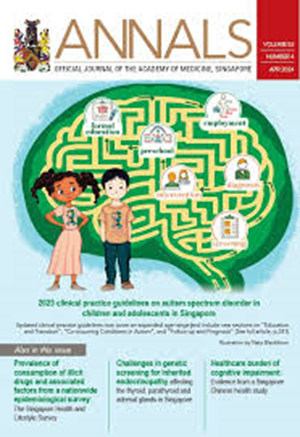Clinical efficacy and long-term immunogenicity of an early triple dose regimen of SARS-CoV-2 mRNA vaccination in cancer patients.
IF 5.2
4区 医学
Q2 Medicine
引用次数: 1
Abstract
INTRODUCTION Three doses of SARS-CoV-2 mRNA vaccines have been recommended for cancer patients to reduce the risk of severe disease. Anti-neoplastic treatment, such as chemotherapy, may affect long-term vaccine immunogenicity. METHOD Patients with solid or haematological cancer were recruited from 2 hospitals between July 2021 and March 2022. Humoral response was evaluated using GenScript cPASS surrogate virus neutralisation assays. Clinical outcomes were obtained from medical records and national mandatory-reporting databases. RESULTS A total of 273 patients were recruited, with 40 having haematological malignancies and the rest solid tumours. Among the participants, 204 (74.7%) were receiving active cancer therapy, including 98 (35.9%) undergoing systemic chemotherapy and the rest targeted therapy or immunotherapy. All patients were seronegative at baseline. Seroconversion rates after receiving 1, 2 and 3 doses of SARS-CoV-2 mRNA vaccination were 35.2%, 79.4% and 92.4%, respectively. After 3 doses, patients on active treatment for haematological malignancies had lower antibodies (57.3%±46.2) when compared to patients on immunotherapy (94.1%±9.56, P<0.05) and chemotherapy (92.8%±18.1, P<0.05). SARS-CoV-2 infection was reported in 77 (28.2%) patients, of which 18 were severe. No patient receiving a third dose within 90 days of the second dose experienced severe infection. CONCLUSION This study demonstrates the benefit of early administration of the third dose among cancer patients.早期三剂量方案的SARS-CoV-2 mRNA疫苗在癌症患者中的临床疗效和长期免疫原性。
简介推荐癌症患者接种三剂SARS-CoV-2 mRNA疫苗,以降低重症风险。化疗等抗肿瘤治疗可能会影响疫苗的长期免疫原性。方法在2021年7月至2022年3月期间,从2家医院招募患有实体癌或血液病癌症的患者。使用GenScript cPASS替代病毒中和试验评估体液反应。临床结果来自医疗记录和国家强制性报告数据库。结果共招募了273名患者,其中40名患有血液系统恶性肿瘤,其余为实体瘤。在参与者中,204人(74.7%)正在接受癌症主动治疗,其中98人(35.9%)正在接受全身化疗,其余为靶向治疗或免疫疗法。所有患者在基线时均为血清阴性。接种1剂、2剂和3剂严重急性呼吸系统综合征冠状病毒2型信使核糖核酸疫苗后的血清转化率分别为35.2%、79.4%和92.4%。与接受免疫疗法(94.1%±9.56,P<0.05)和化疗(92.8%±18.1,P<0.05)的患者相比,接受3剂血液系统恶性肿瘤积极治疗的患者抗体较低(57.3%±46.2)。据报道,77名(28.2%)患者感染了严重急性呼吸系统综合征冠状病毒2型,其中18名为严重感染。在第二剂的90天内,没有接受第三剂的患者出现严重感染。结论本研究证明了癌症患者早期服用第三剂的益处。
本文章由计算机程序翻译,如有差异,请以英文原文为准。
求助全文
约1分钟内获得全文
求助全文
来源期刊

Annals Academy of Medicine Singapore
医学-医学:内科
CiteScore
4.90
自引率
5.80%
发文量
186
审稿时长
6-12 weeks
期刊介绍:
The Annals is the official journal of the Academy of Medicine, Singapore. Established in 1972, Annals is the leading medical journal in Singapore which aims to publish novel findings from clinical research as well as medical practices that can benefit the medical community.
 求助内容:
求助内容: 应助结果提醒方式:
应助结果提醒方式:


